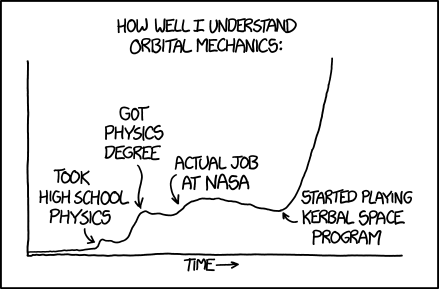For something so specialized, I'd suggest you read books instead of dive into the big melting pot of confusing information called the internet.
Nevertheless, there are a few good sites. This is certainly one of them.
If you have access to journals, Celestial Mechanics and Dynamical Astronomy is a good one, as is Journal of Guidance, Control, and Dynamics (although generally more intended for spacecraft orbits etc., it still covers a vast amount of celestial mechanics).
Richard H. Battin has written the classic "An Introduction to the Mathematics and Methods of Astrodynamics". It is rather mathematically inclined, which you might appreciate.
The big names are Poisson, Lagrange, Laplace, Poincare. Google-scholar for them with "celestial mechanics" and you'll get tons of papers, books, and other material.

